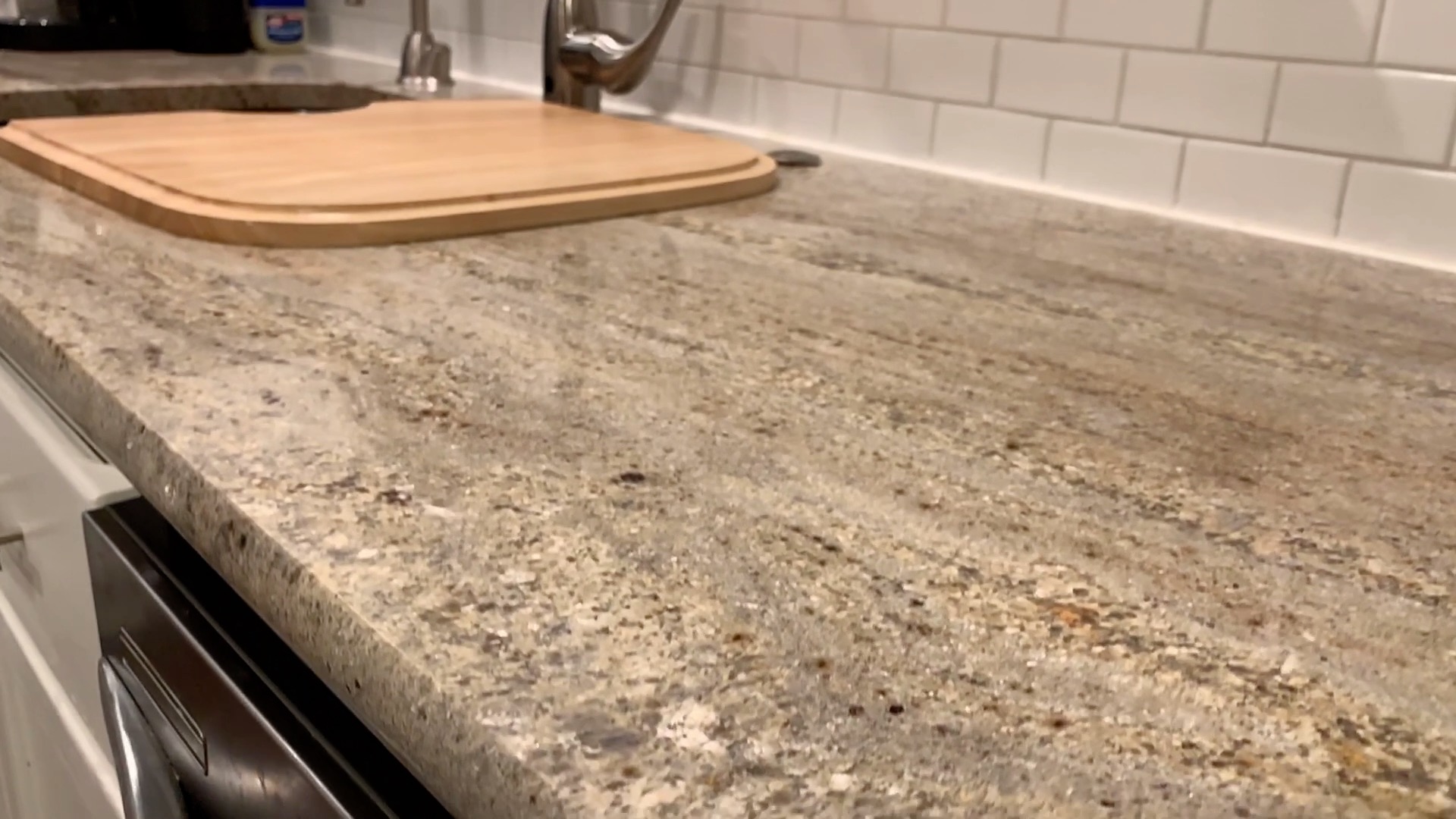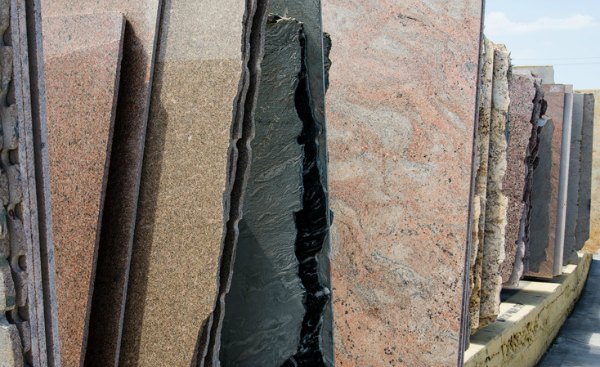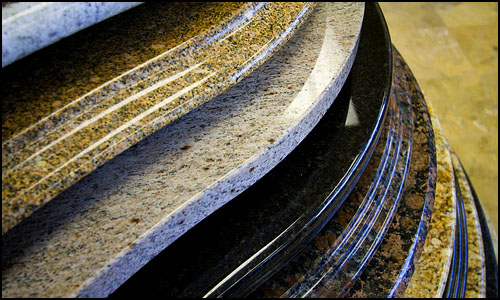General Care Tips for Stone Countertops:
- Clean stone surfaces with a mild liquid dishwashing detergent and warm water. Use a clean soft cloth for best results. Rinse thoroughly to avoid soap residue.
- Pay attention to spills and wipe them up immediately. Most stone is sensitive to acidic foods like wine, citrus juices, vinegar, and salad dressings. Even stone counters that are sealed can be etched by strong acids or harsh chemicals like chlorine bleach or ammonia.
- Don’t use scouring pads and harsh or abrasive cleaners such as bathroom cleaners and grout cleaners.
- Never stand or sit on stone countertops as they do not have flexibility. Small fissures in natural stone may cause cracks if subjected to excessive weight.
- Avoid chopping or slicing directly on stone countertops. Always use a cutting board.
- Protect countertop surfaces with coasters, trivets, or placemats. Excessive heat can cause a thermal shock, which may crack stone countertops. Use trivets that allow airflow under the hot item, particularly slow cookers that expose counter surfaces to heat for several hours.
Granite and Quartzite:
A siliceous stone such as granite and quartzite tend to be very durable and resistant to scratching and heat. However, it is still advisable to use a cutting board to preserve knives. Brief encounters with a hot pan won’t hurt your granite or quartzite countertop but over time the excessive heat may weaken the sealants. A penetrating sealer has been applied to your stone to help maintain the stain resistant quality. A regular application of stone cleaner/sealer will help to maintain maximum stain protection.
Marble, Travertine, Limestone, and Onyx:
Calcareous stone is more sensitive that siliceous stone and is susceptible to scratching and staining. Always use a cutting board and wipe up spills immediately. Although your stone has been treated with a penetrating sealer, acidic foods and liquids will etch the stone. Use coasters under all glasses, bottles, and cans. Protect the countertops from toiletry products. An annual application of penetrating sealer is highly recommended to maintain adequate stain protection.
Engineered Quartz:
Though quartz will resist permanent staining, it’s important to wipe up spills immediately before they have a chance to dry. Though the material is heat resistant, the resin used in manufacturing is plastic and prone to melting in heat above 300 degrees F. To be safe, always use a trivet or hot pad. Quartz manufacturers have care and warranty information on their websites. It is recommended to refer to the individual manufacturer’s instructions for your countertops.




